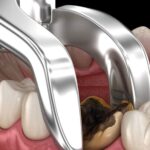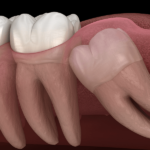Dental Implant Cost & Care
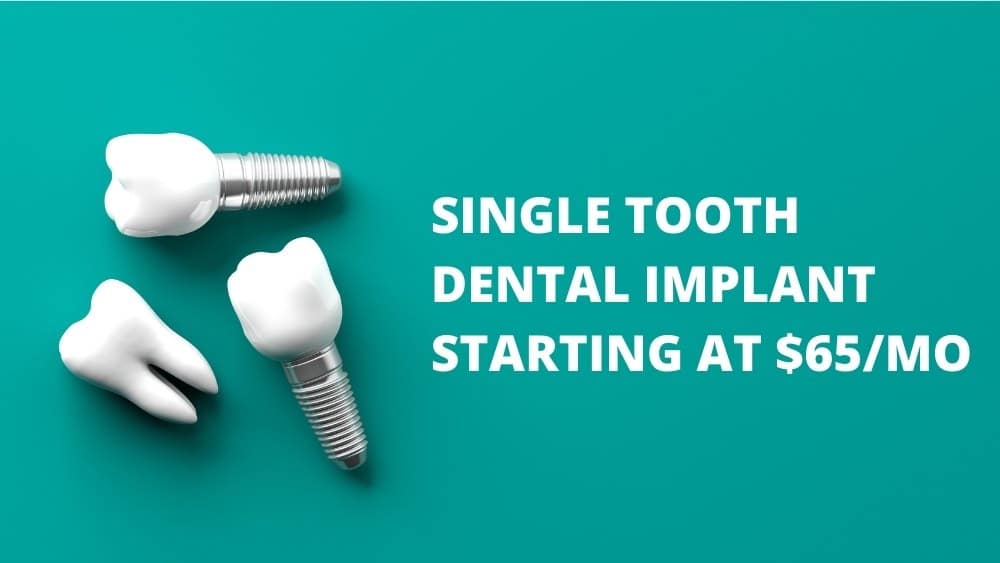
Many patients wonder what a dental implant is? Who needs one? What is the average
cost for a dental implant treatment? How to pay for it?, and ultimately what does the treatment process look
like?. These are all very good questions, so let’s dive into each question and help understand them
better.
A dental implant is a small device placed into the jawbone. On top of this is an
abutment, which holds a crown, that looks and works the same way your natural tooth works. Implants are designed
to be long-term, reliable replacement teeth. The more you learn about dental implant options and costs, the
faster you’ll see just how viable a solution this may be for your needs.
Table of Contents
Who Is A Good Candidate For
Implants?
When you arrive at a dental office you are greeted by a professional dentist for a consultation, and treatment
assessments. Once selected as a good candidate based on these assessments, you will receive a comprehensive
treatment plan that explains the treatment process, costs and payment options. Keep in mind that not all patients
are the best candidates for receiving a dental implant treatment. For a dental implant to work well, it must be able
to be held into the bone of the jaw, which means the bone tissue needs to be able to grow and develop around it.
Chronic medical conditions, gum inflammation, or other oral (or otherwise) health conditions are also some of the
reasons that patients may find themselves not qualifying for receiving a dental implant.
How Much Do Implants Cost?
Costs vary depending on the number of teeth being replaced as well as the extensiveness of the work to be done. Some
types of dental insurance may cover dental implants, though others do not. But on average, dental implants cost:
$2,000 to $4,000 for a single tooth
implant (the screw that’s placed into the jawbone)
$5,000 to $15,000 for an implant supported bridge, which spans one or more teeth, depending on the number of crowns
placed
Between $10,000 and $25,000 on implant supported dentures, when most teeth in the mouth are removed and replaced with
crowns supported on implants
The type of implants selected and necessary, along with where you live, your dentist’s fees, and any advanced needs
you have like bone grafting,
all impact the cost. The average cost of dental implants ranges widely.
Most
Popular Payment Options To Cover The Cost Of Dental Implants?
Some dental insurance does cover the cost of dental implants. But if your insurance doesn’t cover or partially
covers, do not worry there are many other options to be able to afford the cost of a dental implant procedure. When
you arrive at Omega Dental specialist near Downtown Houston, TX, our treatment coordinators and dentists, we’ll help
you determine if your health insurance may cover these costs. and If not, there may be other options such a
third-party financing, through reputable banks or other financing plans. Also do not forget to ask about our
Membership/Discounts plan. It is a good option to reduce some of the costs associated with the cost of your
treatments.
Choosing The Right Dental
Implant Treatment
Several types of dental implants exist. Your dentist will work with you to determine the best choice for your needs.
Some of the options include:
Single Tooth Implant Treatment:
Many times patients must extract a single tooth that can no longer be treated or recovered. So in order to fill that
gap in your mouth, your dentist will use a one implant to replace a single missing tooth space.
Multiple Dental Implant Treatment:
One or two implants are placed to cover the span of missing teeth. For so the patient has a stronger, more effective
bite and healthier teeth.
Full Mouth Dental Implant
Treatment:
Full mouth dental implant refers to an
extensive replacement of the entire upper or lower arch in the mouth needed. Generally, four to six implants are
placed to support the dentures. Another name for this treatment is an All-On-4 or All-ON-6 depending on how many
teeth are missing from each arch.
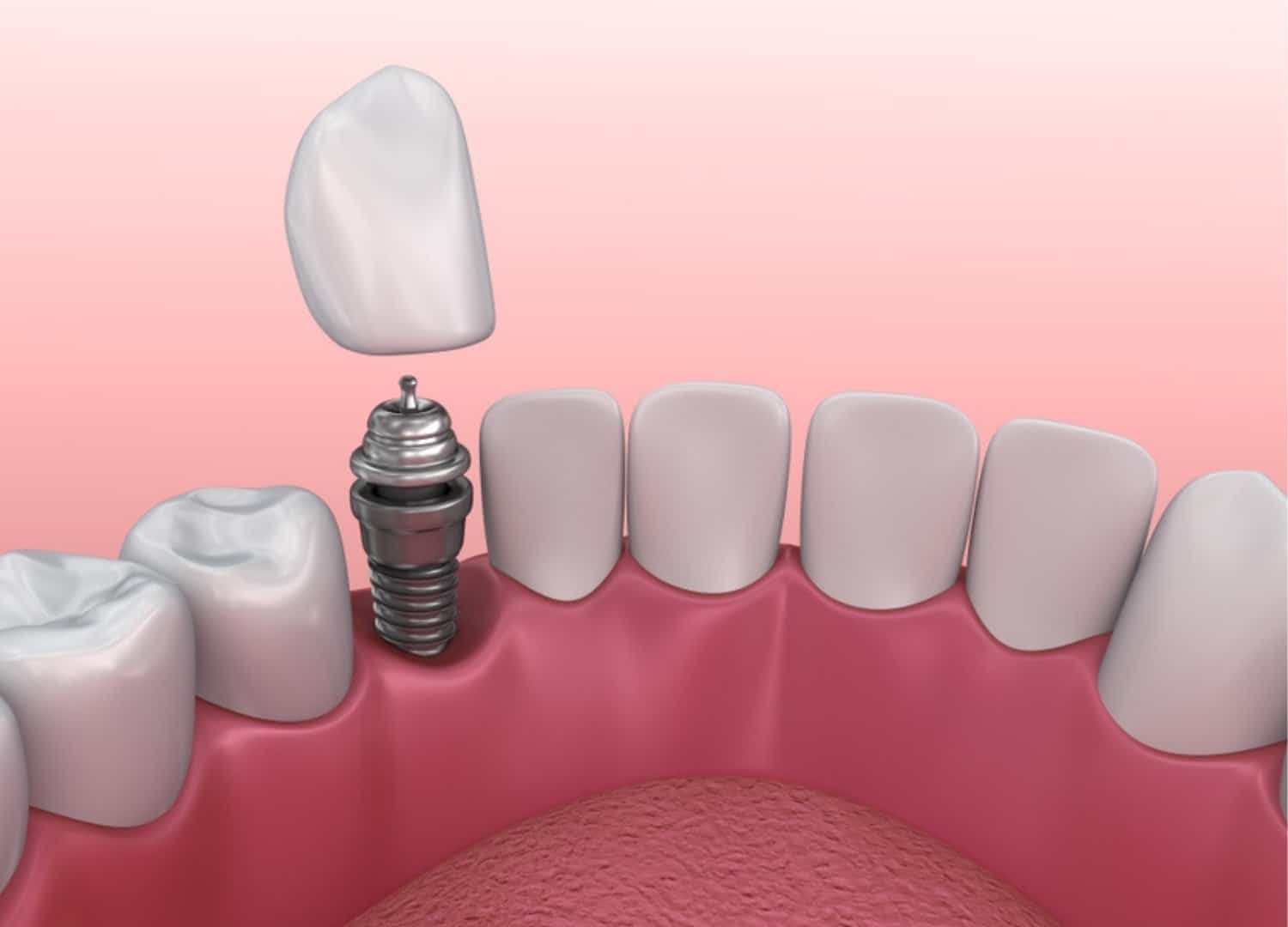
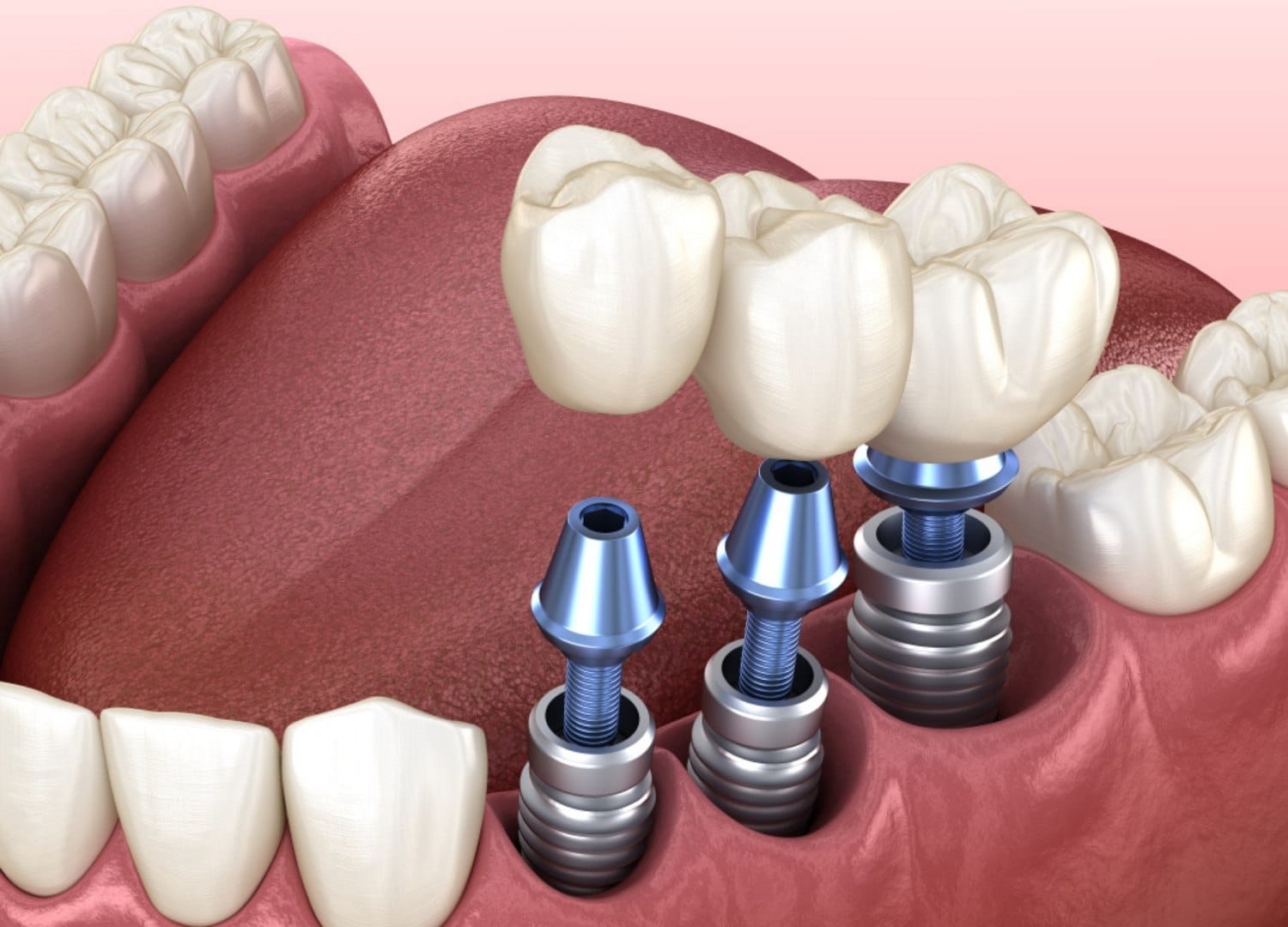
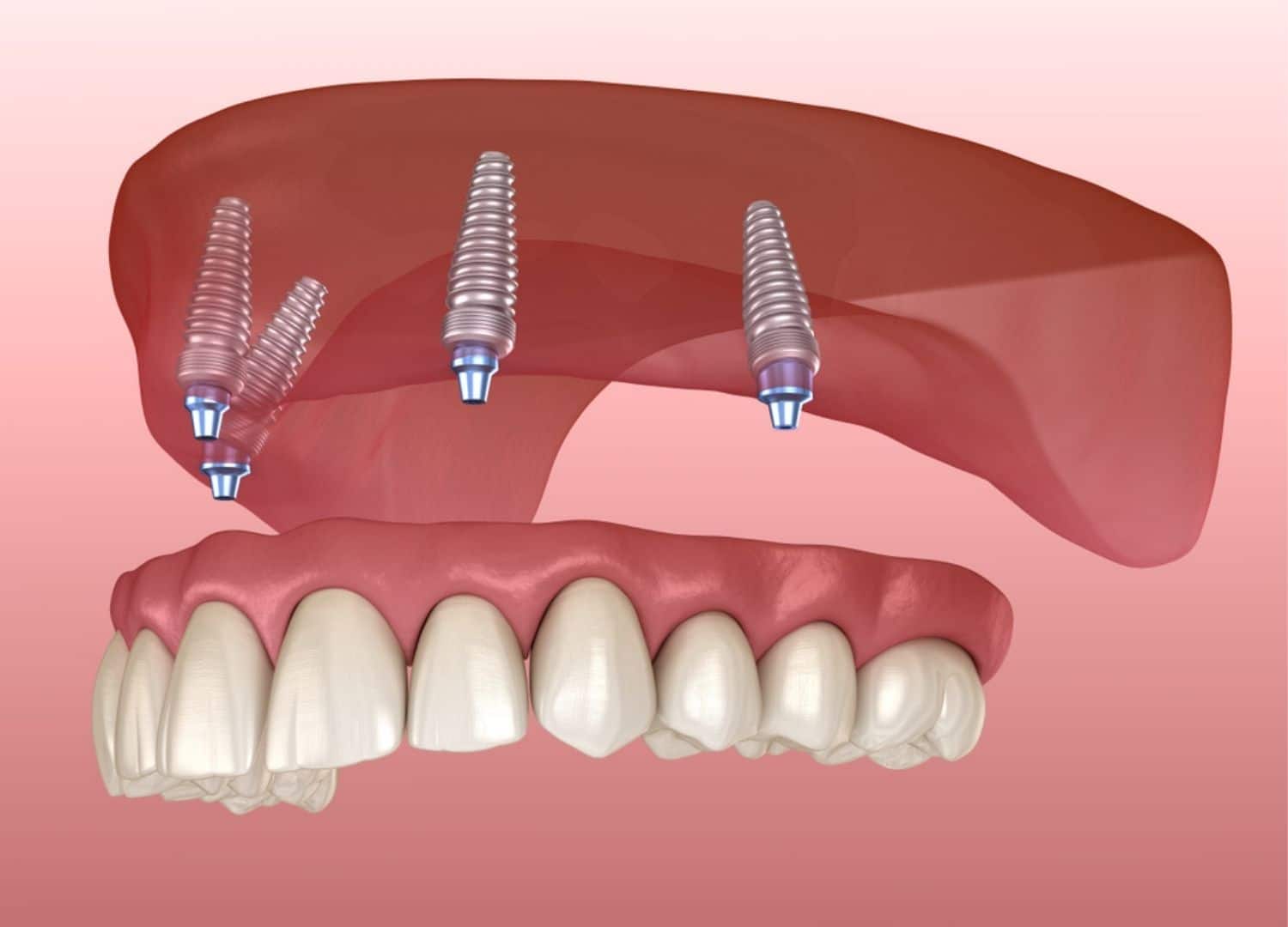
Dental Implant Procedure Step By
Steps:
Consultation
During the consultation, the dentist provides x-rays and an exam to determine if you have
good oral health to support the healing process. This may also include taking your medical and dental records.
Placing The Implant
This is a surgical procedure which means local anesthesia will be used to numb the area
to keep you comfortable and relaxed. If existing teeth are present, an extraction may be necessary as a first
step. If the bone in the jaw is weak or limited, a bone grafting procedure is completed as a first step. In both
situations, these surgeries must heal well enough to support the rest of the process.
Once you are ready, the dentist inserts the titanium implant screw into the jawbone and
sutures it into place to allow the gum tissue to hold it in. This also allows the bone to begin growing over the
tooth to hold it in place.
Healing Takes Place
This process can take a good amount of time, often several months. The implant needs to
fuse with the jawbone during this process. You’ll come in to see your Downtown Houston, TX dentist on a regular
basis during this process to check for healing.
Custom Prosthetic
Once this is done, an impression is made to create the custom restoration – a single
crown is placed onto the top of the implant or, in some cases, an implant bridge or full denture. It’s designed just
for you and inserted to give you the smile you need.
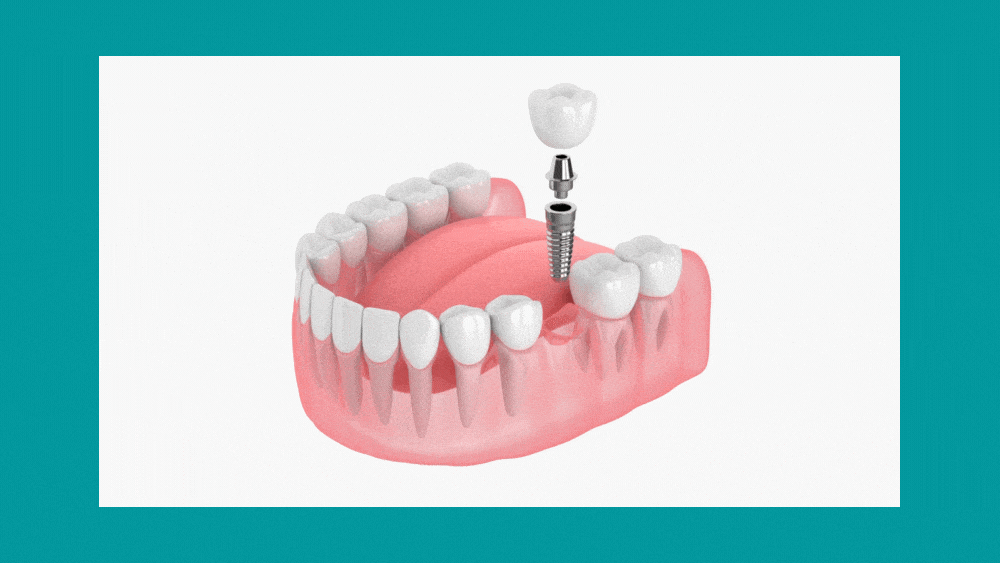
How
Long Does a Dental Implant Procedure Take?
Most often, it is completed within an hour. However, if you need multiple implants placed,
it can be longer.
One Day Dental Implant
Procedure
It may be possible to have dental implants placed in a day. This depends on the level
of bone health present. This procedure may be risky for some. It follows the same process but doesn’t wait for
the full healing to occur prior to installing the crowns.
How Long Is the Recovery
Process?
Dental implants are a serious surgical procedure and require time to heal properly.
Our dentist will work with you to determine the length of time it will take you to heal based on the surgical
procedure’s success. It can take up to six months from start to finish for the process to be completed. To learn
more about how long the healing process takes, please refer to our complete
guide on dental implant process and timeline.
Is Any Follow-Up
Care Necessary for Dental Implants?
Yes, dental implants follow-up in the weeks and months after they are placed is
necessary and beneficial. It allows for you to maintain your oral health while also ensuring that there are no
signs of infection or complications.
Follow your doctor’s insight into the frequency of follow-up care. Most of the time,
there is a 2 week, 6 week, and 3 month follow-up at least. Be sure to talk to your dentist whenever you feel
there is a problem, even before these follow-ups, including experiencing significant pain or discomfort,
bleeding, or signs of an infection, or any other concerns you have.
See Also: Single-tooth
implant cost


